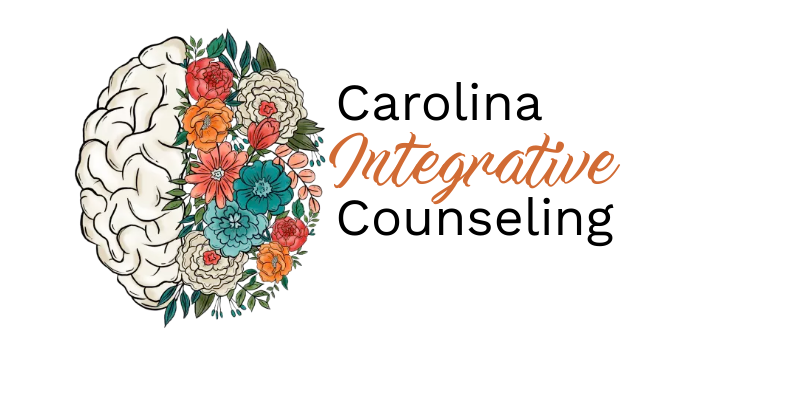What to Expect in Individual Therapy: A Guide to Mental Health Healing
Individual therapy, also known as counseling or psychotherapy, is a valuable journey toward mental and emotional well-being. If you're considering or starting individual therapy, it's normal to have questions and uncertainties. This blog aims to guide you through what to expect in individual therapy, helping you understand the process and potential benefits.
1. Initial Assessment and Goal Setting
Your first sessions will likely involve an assessment where you and your therapist get to know each other. This is a time to discuss your concerns, history, and goals for therapy. Be open and honest about your experiences and what you hope to achieve.
2. Building Trust and Rapport
Therapeutic progress often hinges on a strong therapeutic relationship. Your therapist will work to create a safe, non-judgmental space where you can freely express yourself. Building trust and rapport takes time, so be patient with yourself and the process.
3. Exploration and Insight
In individual therapy, you'll explore your thoughts, feelings, and behaviors. Through various therapeutic techniques and conversations, you'll gain insights into yourself, your patterns, and how past experiences may be influencing your present life.
4. Coping Strategies and Skill Building
Therapy equips you with coping strategies and skills to manage challenges. These may include stress reduction techniques, communication skills, mindfulness practices, and boundary setting. Your therapist will tailor these strategies to your unique needs.
5. Processing Emotions and Trauma
Individual therapy provides a supportive environment to process difficult emotions and past traumas. Your therapist will guide you through this process at a pace that feels comfortable for you, helping you heal and develop resilience.
6. Goal Progress and Evaluation
As therapy progresses, you'll work toward your goals and track your progress. Regular evaluations with your therapist will assess what's working, what needs adjustment, and how you're evolving in your mental health journey.
7. Reflection and Integration
Therapy sessions offer a space for reflection on insights gained and lessons learned. Integrating these into your daily life empowers you to make positive changes and enhance your well-being outside of therapy sessions.
8. Closure and Transition
When you and your therapist feel you've achieved your therapy goals or reached a point of stability, you'll discuss closure and transition plans. This may involve scheduling fewer sessions, transitioning to maintenance therapy, or exploring other forms of support.
Benefits of Individual Therapy
Personalized Support: Tailored therapy approaches to your needs.
Emotional Regulation: Learning to manage emotions effectively.
Insight and Self-awareness: Understanding yourself on a deeper level.
Healing and Growth: Addressing past wounds and fostering personal growth.
Coping Skills: Acquiring tools to navigate life's challenges resiliently.
Conclusion
Individual therapy offers a transformative journey toward mental and emotional well-being. By knowing what to expect and actively engaging in the process, you can make the most out of your therapeutic experience. Remember, therapy is a collaborative effort between you and your therapist, with the ultimate goal of enhancing your quality of life and overall wellness.

